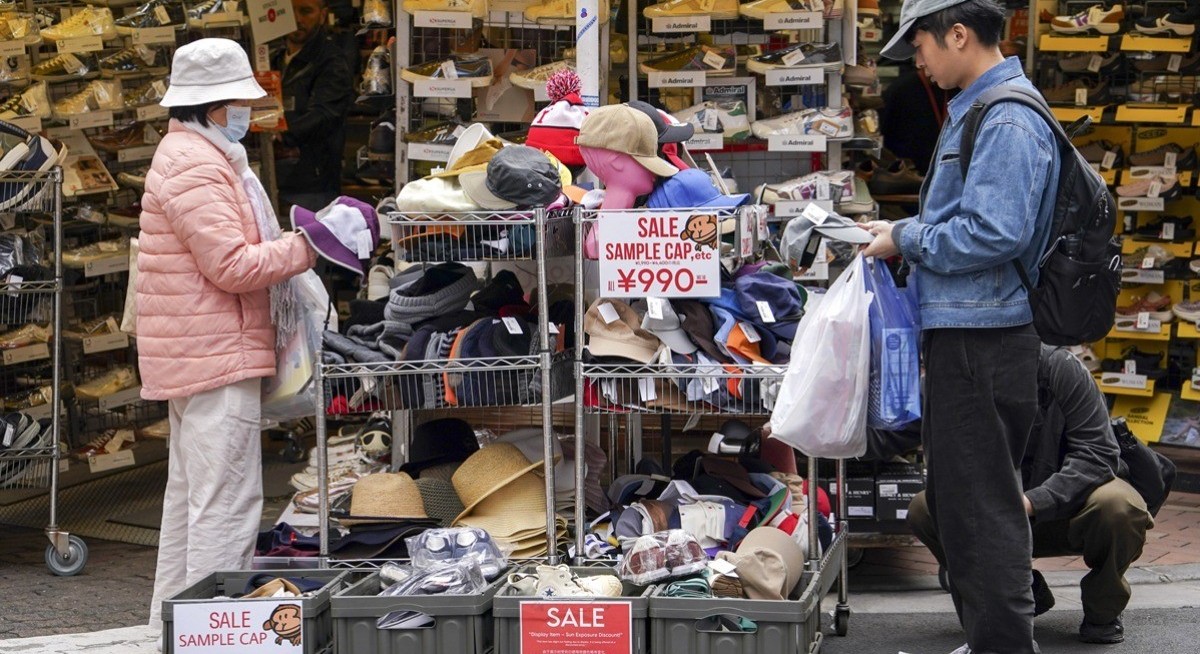The pace of nationwide price gains has stayed at or above the BOJ’s 2% target for three and a half years, though BOJ governor Kazuo Ueda maintains that the underlying trend is still some ways from reaching that goal. In the latest month, Tokyo inflation barring fresh food and energy gained 2.8%, picking up from 2.5% in the previous month. Overall inflation also registered 2.8% growth.
The yen rose to 153.82 versus the dollar after the data were released, versus around 154.17 shortly before.
“I believe the BOJ’s policy board, especially governor Ueda, is cautious about raising interest rates,” said Taro Saito, head of economic research at NLI Research Institute. “I think they are considering the risk that the underlying economy could falter due to the impact of Trump tariffs, and it’s unclear how much clearer this will become by January, but I think they will wait until then.”
See also: What the conventional economic wisdom is missing
Japanese Prime Minister Sanae Takaichi aims to soften the blow of rising prices to consumers and companies with fresh economic measures. The new leader has promised to cut the gasoline tax during the current diet session, bring down electricity and gas costs during the winter, and deliver additional grants for regional governments, while raising the ceiling on tax-free earnings.
With city-wide subsidies for water having run their course, costs for water were flat in October versus a year earlier. In September, the subsidies led to a decline of 34.6% for those costs. Prices for energy and processed food nudged lower.
What Bloomberg Economics says...
“Tokyo’s surprisingly hot inflation in October points to an earlier rate hike by the Bank of Japan. Firms are lifting prices for household goods and labour-intensive services in the second half of the fiscal year, while the end of the city’s water-charge waiver added to the surge.” — Taro Kimura, economist
See also: Balancing caution and yield ahead of 2026
While the Tokyo consumer price index (CPI) report is a leading indicator for national trends, isolated subsidies affecting only the capital can sometimes distort that dynamic.
In other data, industrial production rose 2.2% in September from August, beating the consensus estimate of 1.5% growth, while rising 3.4% from a year earlier. Although the output data beat expectations, it still edged 0.1% lower for the third quarter, reversing from a 0.4% gain in the previous quarter.
Meanwhile, retail sales advanced 0.3% in September versus the prior month, while rising 0.5% year on year, well below price growth. Both figures came in weaker than forecast.
The jobless rate held steady at 2.6% and the job-to-applicant ratio stayed at 1.20 in September, meaning there were 120 jobs offered for every 100 applicants.
Unlike in the US, where the central bank is facing intense political pressure to change interest rates, in Japan, the BOJ hasn’t faced much open pressure on policy, even with inflation outpacing the bank’s target. Takaichi, who is known as an advocate of monetary easing, likely favours the BOJ’s cautious approach. She hasn’t made any explicit demands on the BOJ since becoming premier, though she drew attention in September 2024 when she declared it would be “stupid” to lift interest rates.
The BOJ held its benchmark interest rate unchanged on Thursday. Prior to the decision, BOJ watchers in a Bloomberg survey pushed back their forecast for the next interest rate hike timing. Around half see December as the most likely month when the next hike might come.
Uploaded by Liza Shireen Koshy





